On the morning of November 21, continuing the 10th Session, the National Assembly discussed in groups the draft Law on Artificial Intelligence.
Clearly identify strategic priority areas
Commenting on the draft Law on Artificial Intelligence, delegate Bui Hoai Son ( Hanoi City Delegation) expressed his interest in how this law shapes “AI culture”, ensuring that AI serves people, respects cultural values, ethics, national identity and human rights.
Regarding State policy, according to delegates, it is necessary to emphasize more on the cultural aspect and social adaptability to AI. Article 5 of the draft Law has determined that the State implements the policy of "developing artificial intelligence to become an important driving force for growth, innovation and sustainable development of the country", while at the same time linking it with green, inclusive development, environmental protection and "preserving national cultural identity".
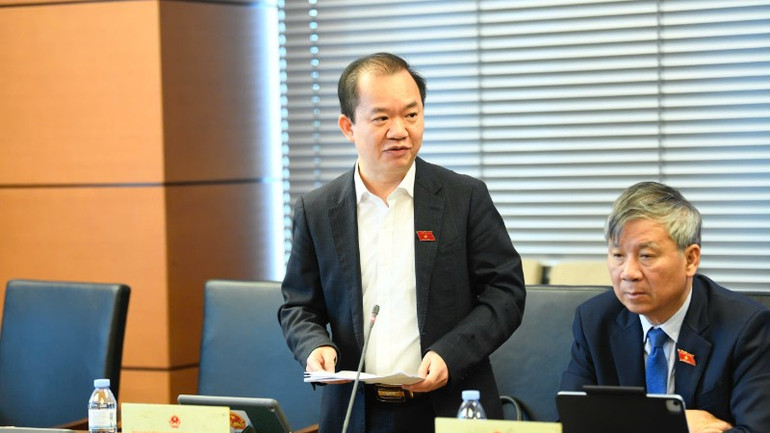
From the perspective of a delegate working in the cultural field, delegate Bui Hoai Son suggested that the draft Law should more clearly note the following orientations:
Encourage and prioritize the application of AI in the preservation and promotion of cultural heritage, in artistic creation, and in the development of cultural industries. These are areas where Vietnam has advantages in cultural resources, but is limited in resources; AI can be an effective tool to digitize heritage, create new experiential products, and improve creative productivity.
At the same time, there are policies to support creative businesses and cultural and artistic startups applying AI, for example in film production, music , design, advertising, cultural tourism, etc., while requiring strict compliance with ethical and copyright standards.
“When it comes to big data for AI training, it is necessary to consider Vietnamese cultural, historical, linguistic, literary and artistic data as a “strategic resource,” the delegate stated.
Regarding the National AI Strategy, Article 20 of the draft Law has established a correct orientation framework for the National AI Strategy, including technology development, infrastructure, data and human resources.
However, according to delegate Nguyen Thi Lan (Hanoi City Delegation), the content is still general in nature and has not clearly identified strategic priority areas - areas where AI can create strong spillover effects and is suitable for Vietnam's conditions.
Emphasizing that without a focus, the Strategy is easily spread out and difficult to create breakthroughs. Delegate Lan suggested that the draft Law needs to clearly identify priority areas such as agriculture, health, education, environment and public administration; at the same time, stipulate principles for selecting focus areas and responsibilities of each ministry and sector in implementing the Strategy.
"This is an important requirement to ensure the Strategy is feasible and creates real value," said the delegate.
Perfecting the AI human resource development mechanism
Concerned about the mechanism for developing AI human resources, delegate Nguyen Thi Lan (Hanoi City Delegation) pointed out: The draft has outlined the orientation for developing AI human resources in Article 24, but there are still three major bottlenecks in higher education that the law has not resolved:
First, the procedure for opening new industries is still slow, while AI changes very quickly.
Second, schools find it difficult to attract international experts due to the lack of specific mechanisms.
Third, there is no strong policy to develop AI lecturers.
Therefore, the female delegate of the Hanoi City Delegation proposed to add to the draft Law specific mechanisms for higher education: allowing schools to proactively open new majors; having policies to attract international experts; and having mechanisms to develop lecturers, especially in the fields of AI - data - automation. At the same time, it is necessary to clarify the scope of "AI serving research - training" to ensure open academic activities.
Citing experiences from Singapore, South Korea and Israel, the delegate emphasized that wherever universities are given strong autonomy and encouraged to cooperate with businesses, AI human resources develop quickly and sustainably. Vietnam's practice also proves that schools with flexible mechanisms can train better and faster teams.
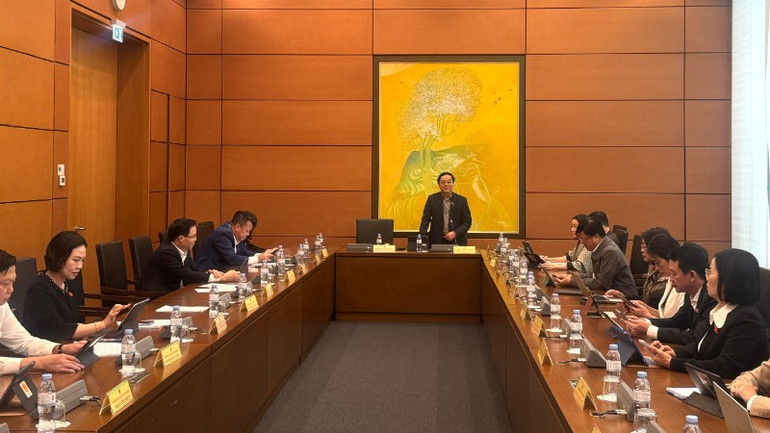
Appreciating the provisions on human resource development in the draft Law, which demonstrate the comprehensive and strategic interest of the State in developing AI human resources, including levels from high school to university/research and the role of relevant parties (State, educational institutions, enterprises), delegate Nguyen Thi Tuyet Nga (Quang Tri Delegation) proposed to add provisions on attracting domestic and foreign AI experts to participate in teaching and research at higher education institutions as well as policies on rotation/collaboration between enterprises and schools.
According to delegate Tuyet Nga, the draft Law does not have any Article regulating prohibited acts. Meanwhile, according to the delegate, the regulation on prohibited acts in the AI Law is a "legal shield" to prevent AI from becoming a harmful tool, protect human rights, promote fair competition and international synchronization - instead of restraining, it will guide AI to develop responsibly. On that basis, the delegate proposed to study and add an Article regulating prohibited acts in the draft Law.
Source: https://nhandan.vn/can-xac-dinh-ro-linh-vuc-uu-tien-trong-chien-luoc-quoc-gia-ve-tri-tue-nhan-tao-post924853.html


![[Photo] General Secretary To Lam receives President of the Senate of the Czech Republic Milos Vystrcil](/_next/image?url=https%3A%2F%2Fvphoto.vietnam.vn%2Fthumb%2F1200x675%2Fvietnam%2Fresource%2FIMAGE%2F2025%2F11%2F21%2F1763723946294_ndo_br_1-8401-jpg.webp&w=3840&q=75)
![[Photo] National Assembly Chairman Tran Thanh Man holds talks with President of the Senate of the Czech Republic Milos Vystrcil](/_next/image?url=https%3A%2F%2Fvphoto.vietnam.vn%2Fthumb%2F1200x675%2Fvietnam%2Fresource%2FIMAGE%2F2025%2F11%2F21%2F1763715853195_ndo_br_bnd-6440-jpg.webp&w=3840&q=75)


![[Photo] Visit Hung Yen to admire the "wooden masterpiece" pagoda in the heart of the Northern Delta](/_next/image?url=https%3A%2F%2Fvphoto.vietnam.vn%2Fthumb%2F1200x675%2Fvietnam%2Fresource%2FIMAGE%2F2025%2F11%2F21%2F1763716446000_a1-bnd-8471-1769-jpg.webp&w=3840&q=75)
![[Photo] President Luong Cuong receives Speaker of the Korean National Assembly Woo Won Shik](/_next/image?url=https%3A%2F%2Fvphoto.vietnam.vn%2Fthumb%2F1200x675%2Fvietnam%2Fresource%2FIMAGE%2F2025%2F11%2F21%2F1763720046458_ndo_br_1-jpg.webp&w=3840&q=75)
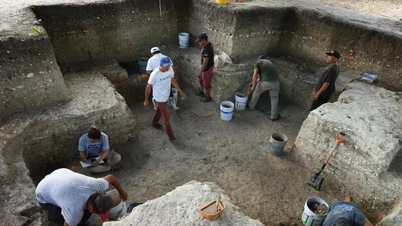

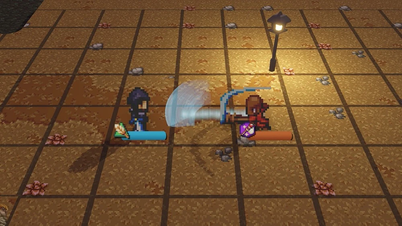




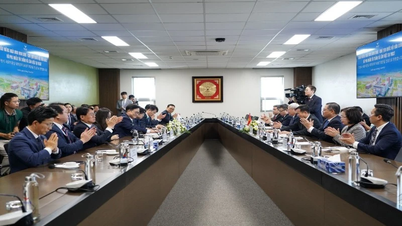






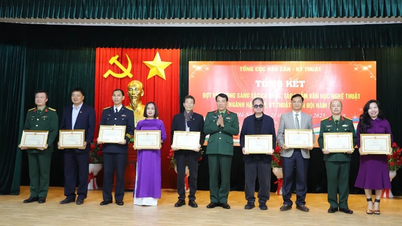

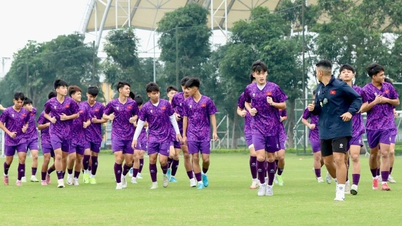
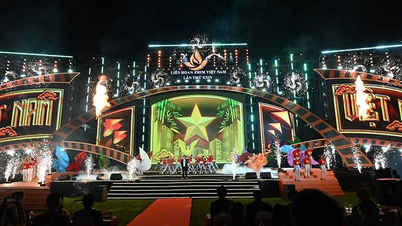
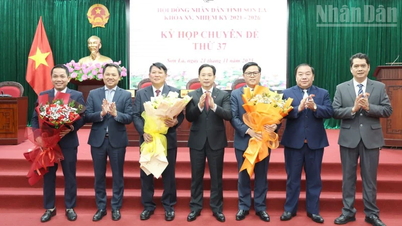












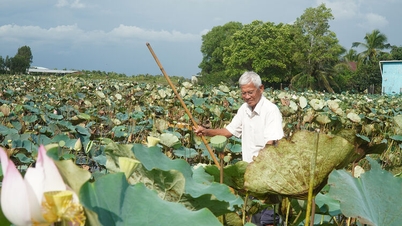













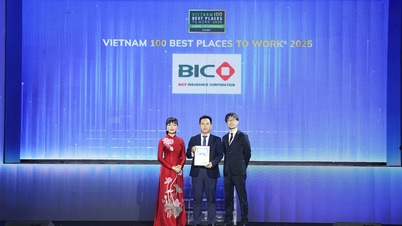
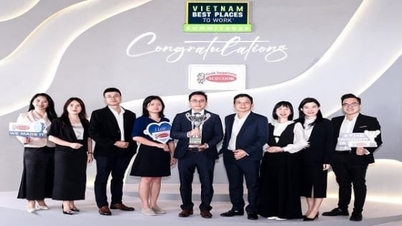



















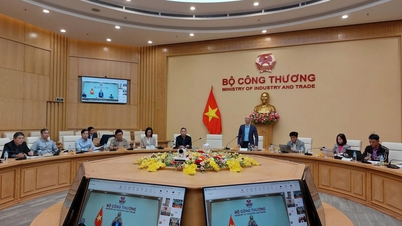

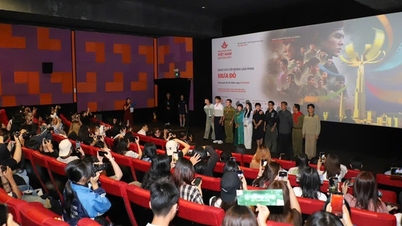



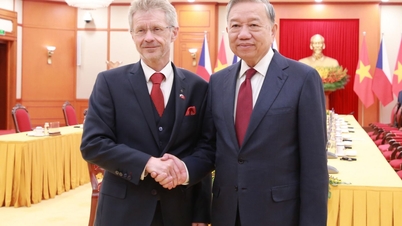

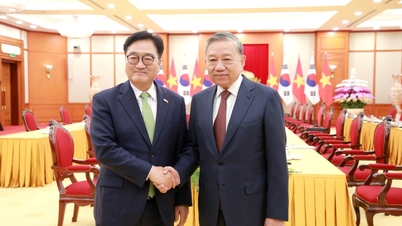
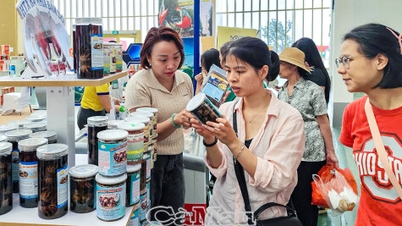


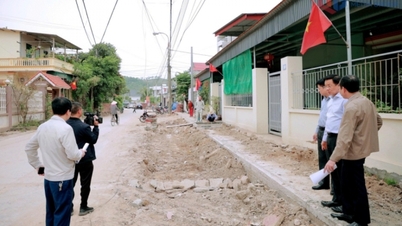




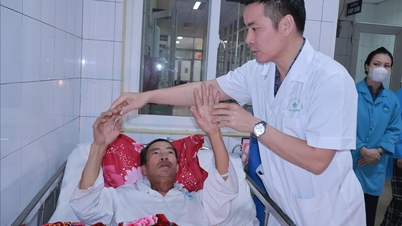














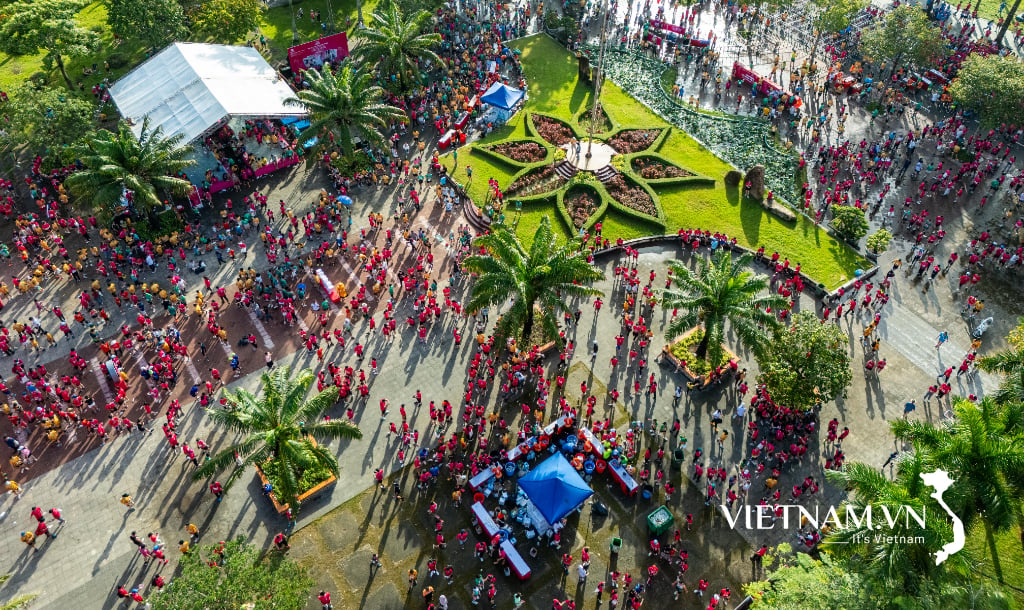
Comment (0)